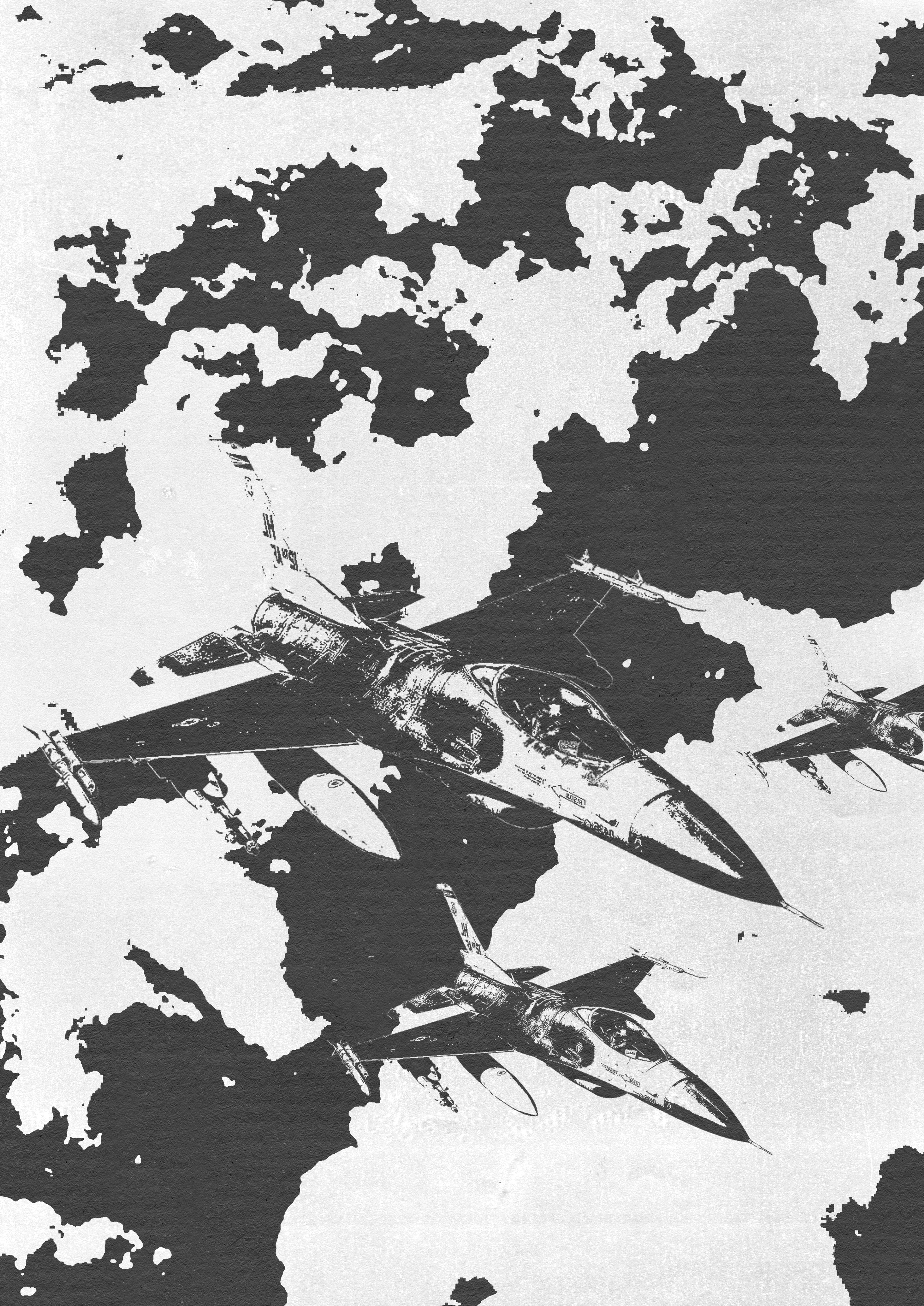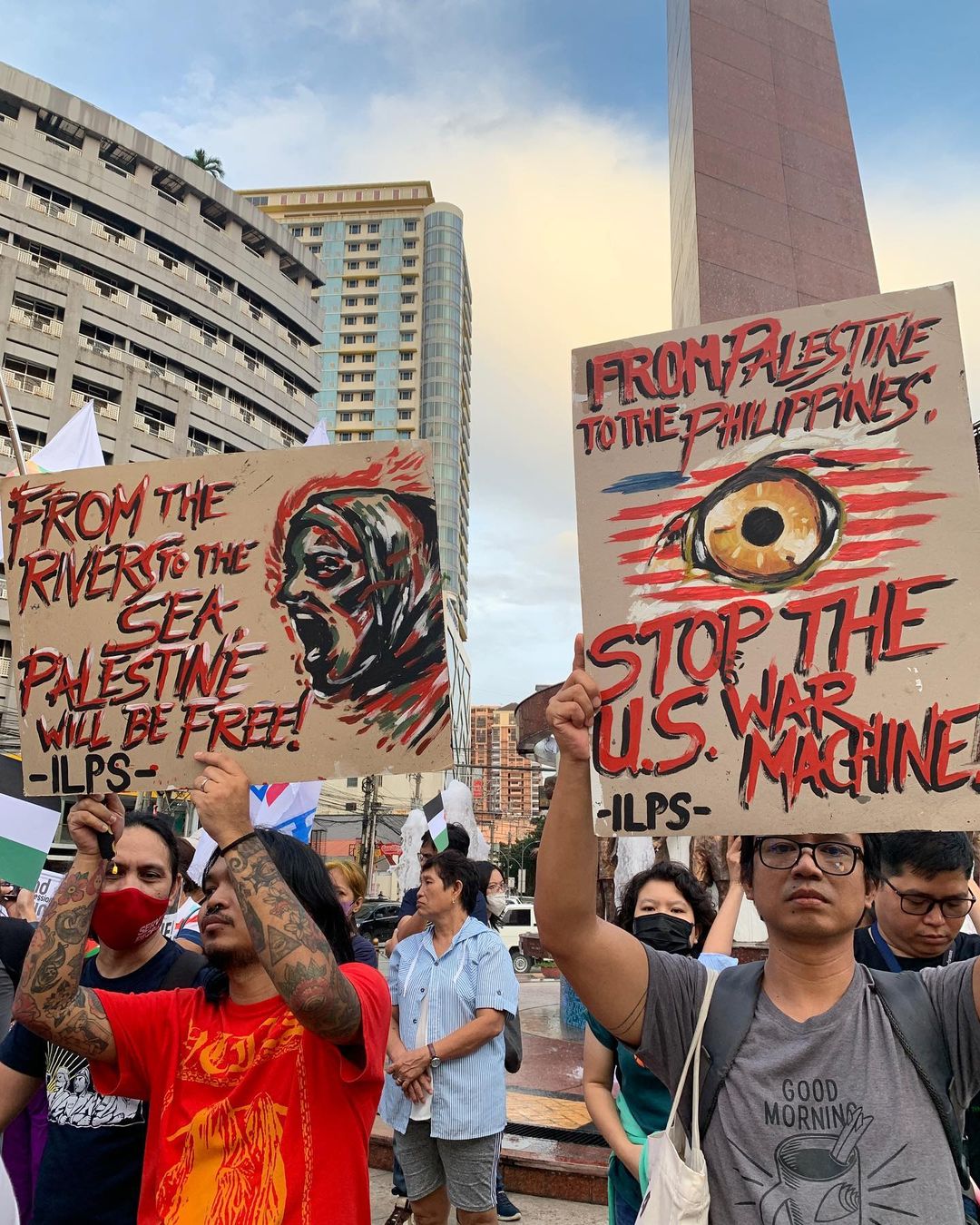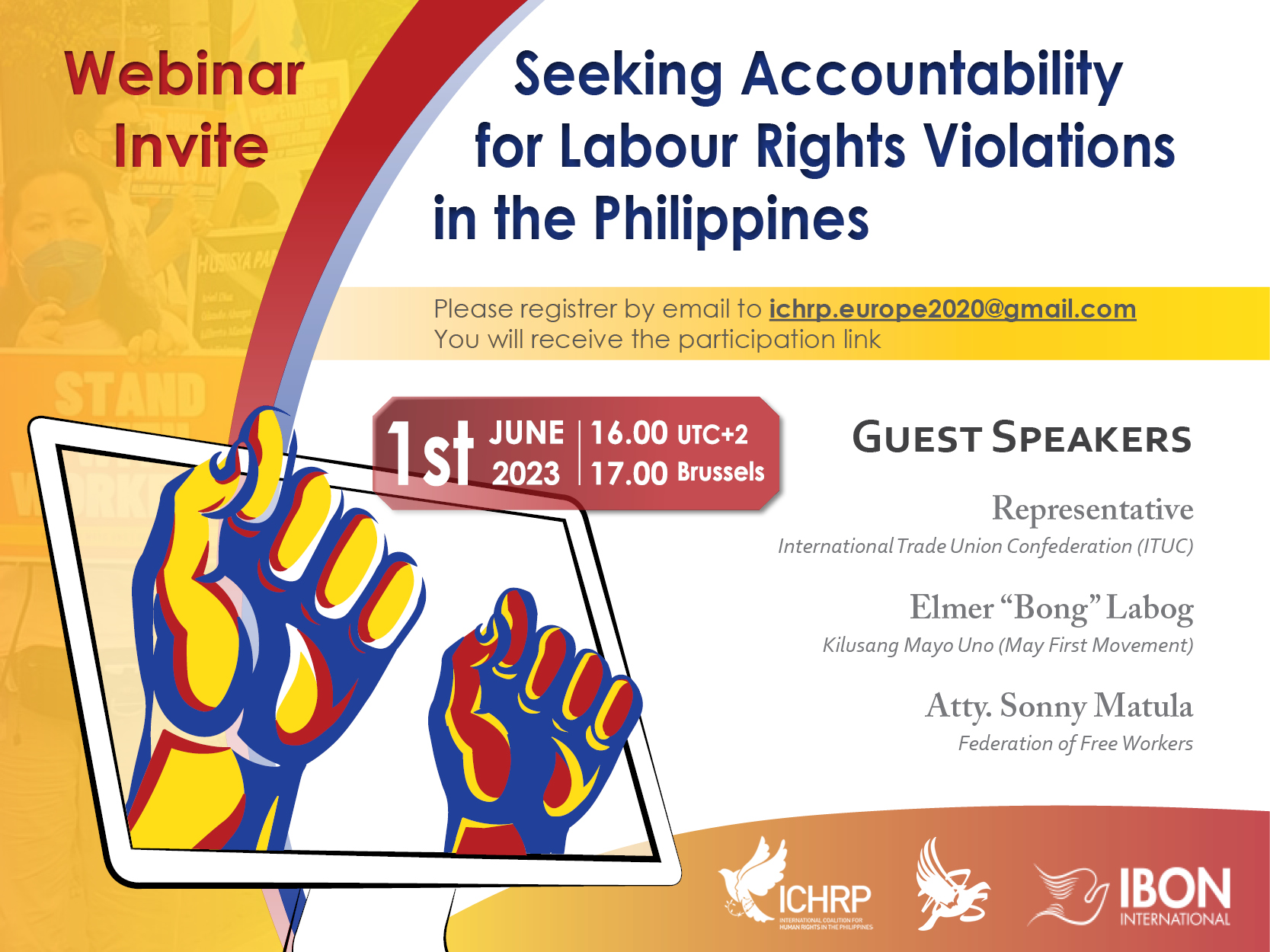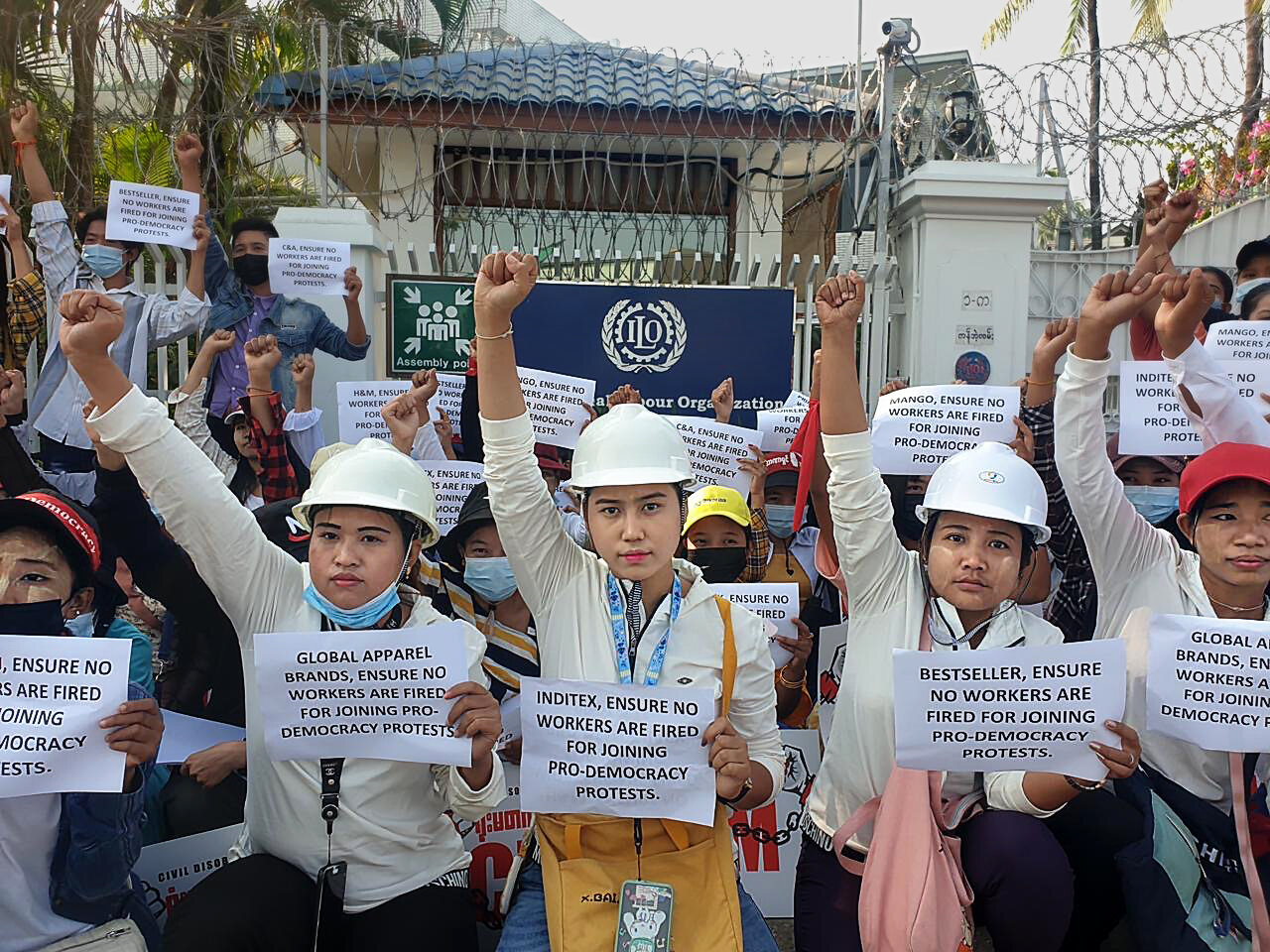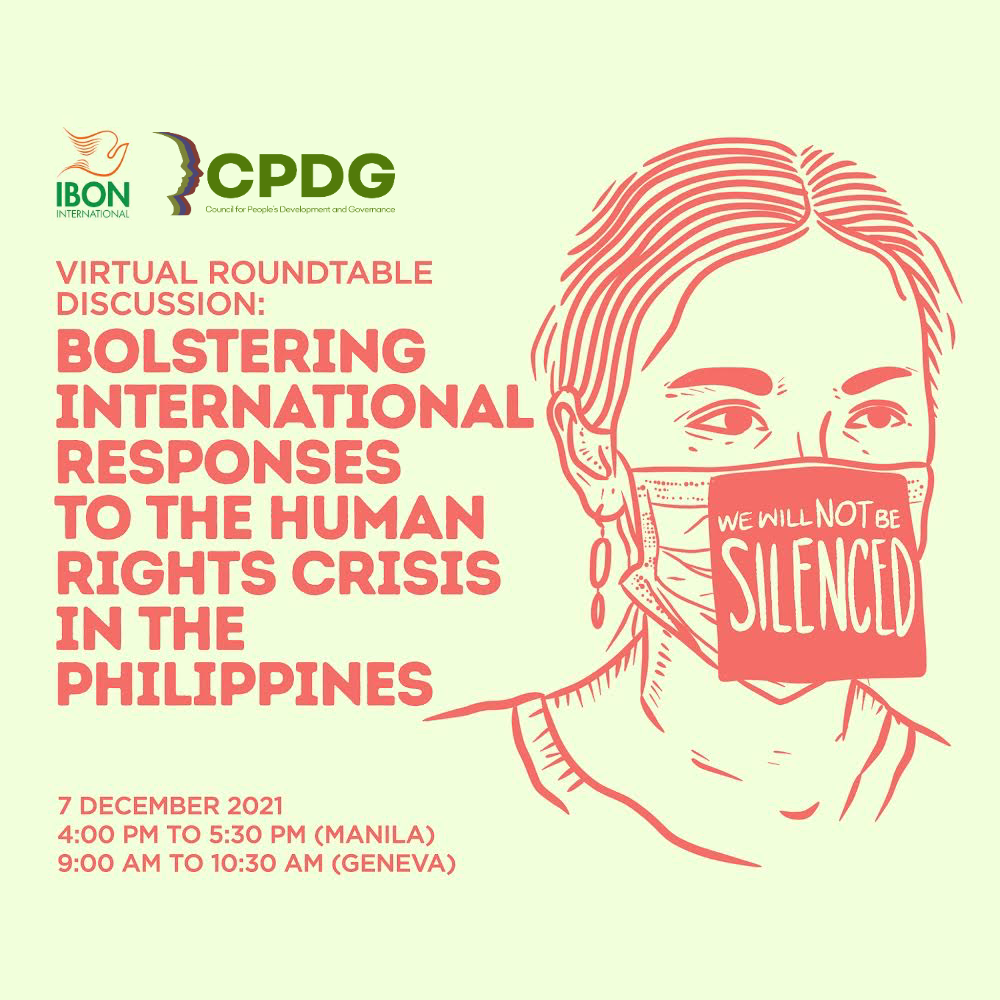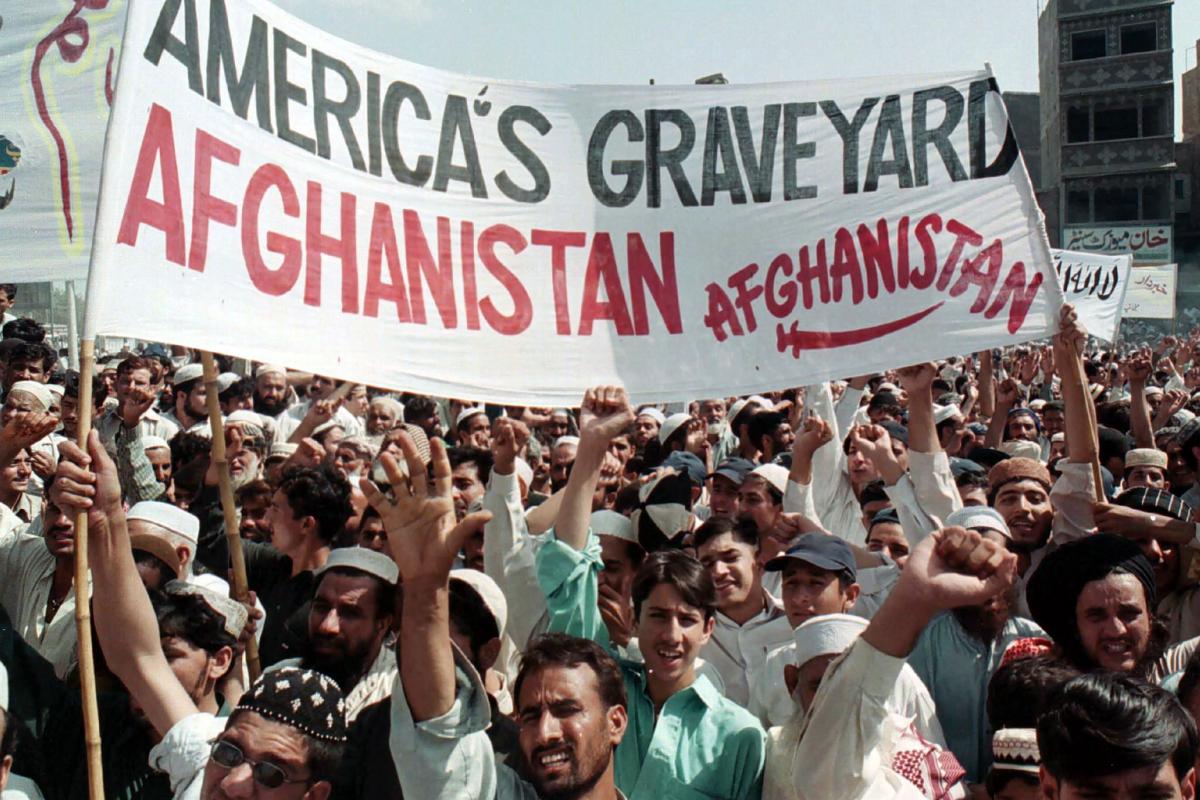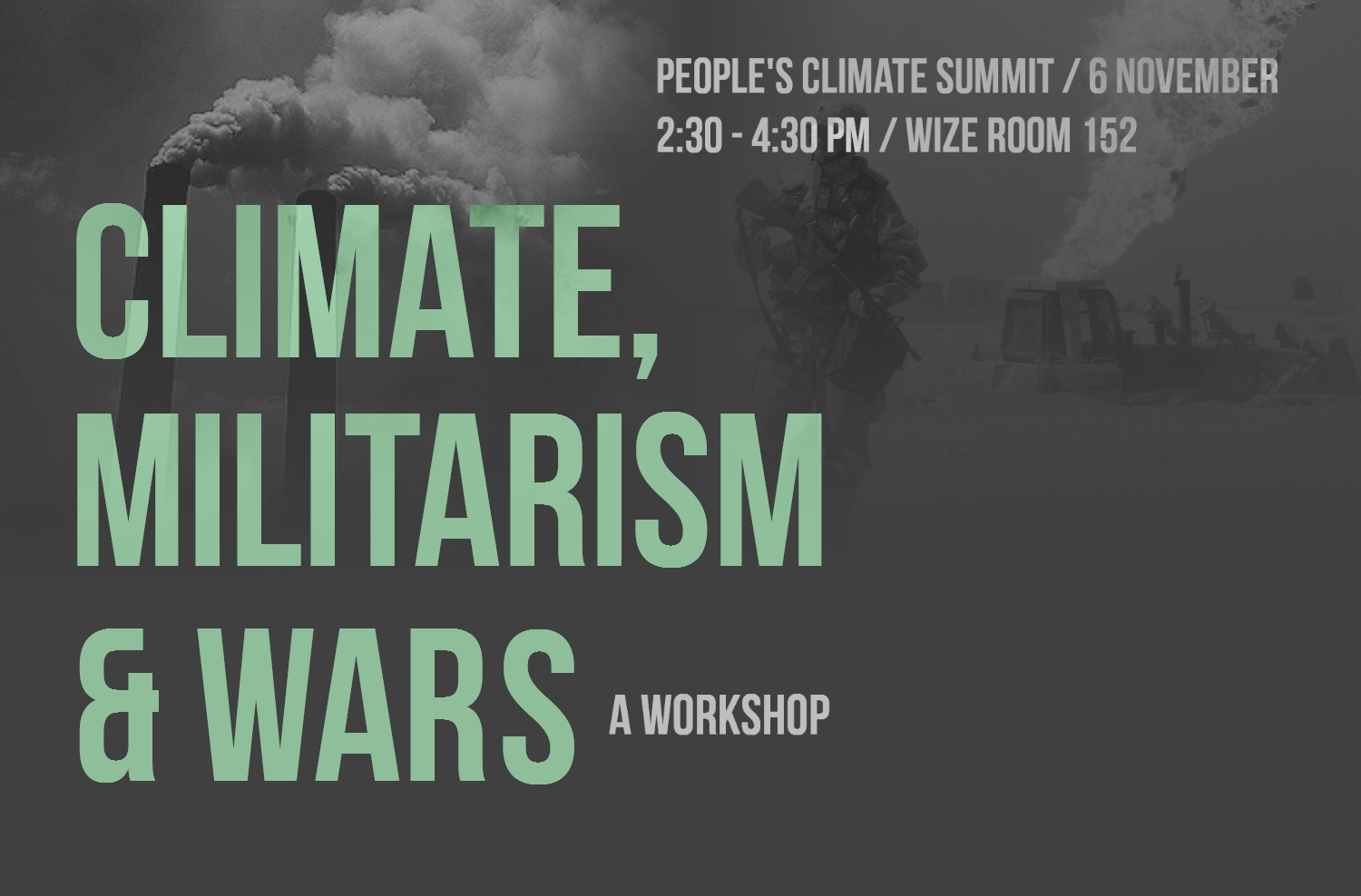|
IBON International
Counterterrorism: What's in a word?
Who’s a terrorist?
“Terrorist” is increasingly used to vilify people who express dissent and assert their rights and sovereignty. For decades, Palestinians resisting the US-backed Israel occupation have been called terrorists. In the Philippines, unions and workers collectively fighting for living wages, peasants and Indigenous Peoples defending their land and communities from encroaching foreign corporations and destructive mega-infrastructure projects have been charged as terrorists.
Since 2001, the US has waged wars in the name of “counterterrorism.” According to Brown University’s Cost of War project, at least 4.7 million people have died from the devastation of the US “War on Terror”, including almost half a million civilians killed by direct war violence. Thirty eight million people have been displaced in Afghanistan, Pakistan, Iraq, Syria, Libya, Yemen, Somalia and the Philippines. Bombings and other military actions destroy agriculture, livelihoods, and infrastructure, leaving people to suffer from food insecurity, collapsed health and social systems, and environmental degradation.
Similar to Israeli ruthless genocidal attacks in Gaza today, the US uses “terrorism” as supposed grounds for its wars in line with its economic and geopolitical interests. The Israeli occupation’s warped, colonial narrative of “self-defence” against Palestinians aligns with the US’ narrative around its global “War on Terror.”
The US “War on Terror” has been active in 85 countries. US counterterrorism operations include the establishment of military bases, launching airstrikes, engaging in combat, and providing military training, exercises, advising, and assistance to their foreign counterparts. The US military employs Section 127e, a US legal authority, to “command and control” local military actions in the countries where they are deployed such as in Afghanistan, Cameroon, Egypt, Iraq, Kenya, Lebanon, Libya, Mali, Mauritania, Niger, Nigeria, Somalia, Syria, Tunisia, and Yemen.
The US “War on Terror” has influenced laws and policies that persecute activists, people’s organisations, and civil society. Between 2001 and 2018, at least 140 governments have adopted counterterrorism legislation. In the Philippines, the 2020 Anti-Terrorism Act has been used to intimidate, and arbitrarily arrest and detain activists.
The “global counterterrorism architecture” also includes the Financial Action Task Force (FATF), an intergovernmental organisation founded by the Group of Seven (G-7) countries (US, European Union, United Kingdom, Canada, France, Germany, Italy, and Japan). In practice, states weaponise FATF measures to prosecute activists, and restrain or even close the operations of people’s organisations and civil society on grounds of “terrorist financing.”
The US has already spent around USD 8 trillion for its “War on Terror”, largely benefitting military contractors. The biggest five military contractors in the world, Lockheed Martin, Boeing, General Dynamics, Raytheon, and Northrop Grumman profit the most. These US corporations sell war weapons and equipment, from combat aircraft, attack and transport helicopters, armoured vehicles, to bombs and missiles. Between 2001-2020, these five corporations split over USD 2.1 trillion in US government contracts.
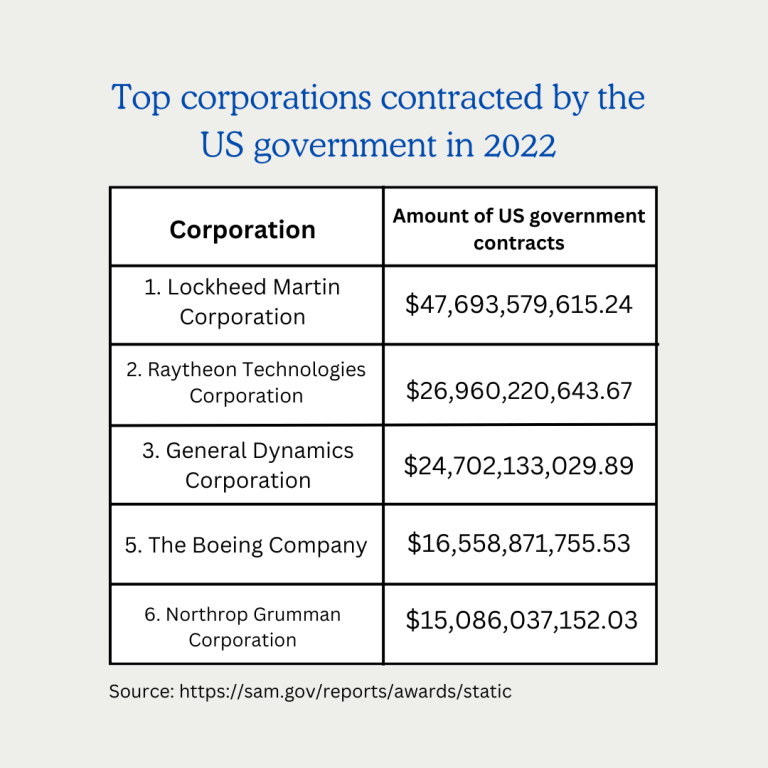
What’s in a word?
“Counterterrorism” represents the two-decade narrative and strategy of the US to legitimise continuing wars in the global South.
Those who dare resist and antagonise the US narrative are called terrorists and by other names. Terror-tagging is a tactic used to dehumanise people who challenge oppressive power. It is a practice that discourages conversations on bigger questions: Why do people resort to arms? How do we end systemic violence, and build peace based on social justice? #

